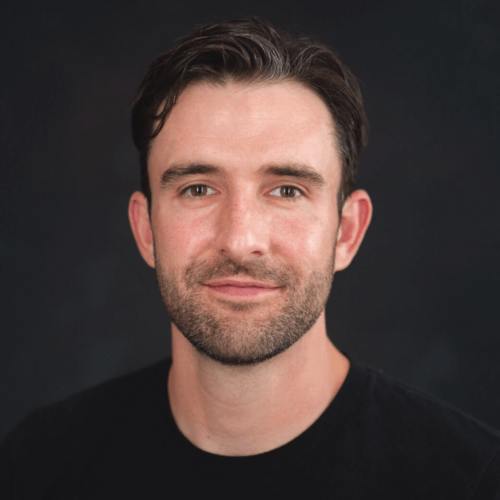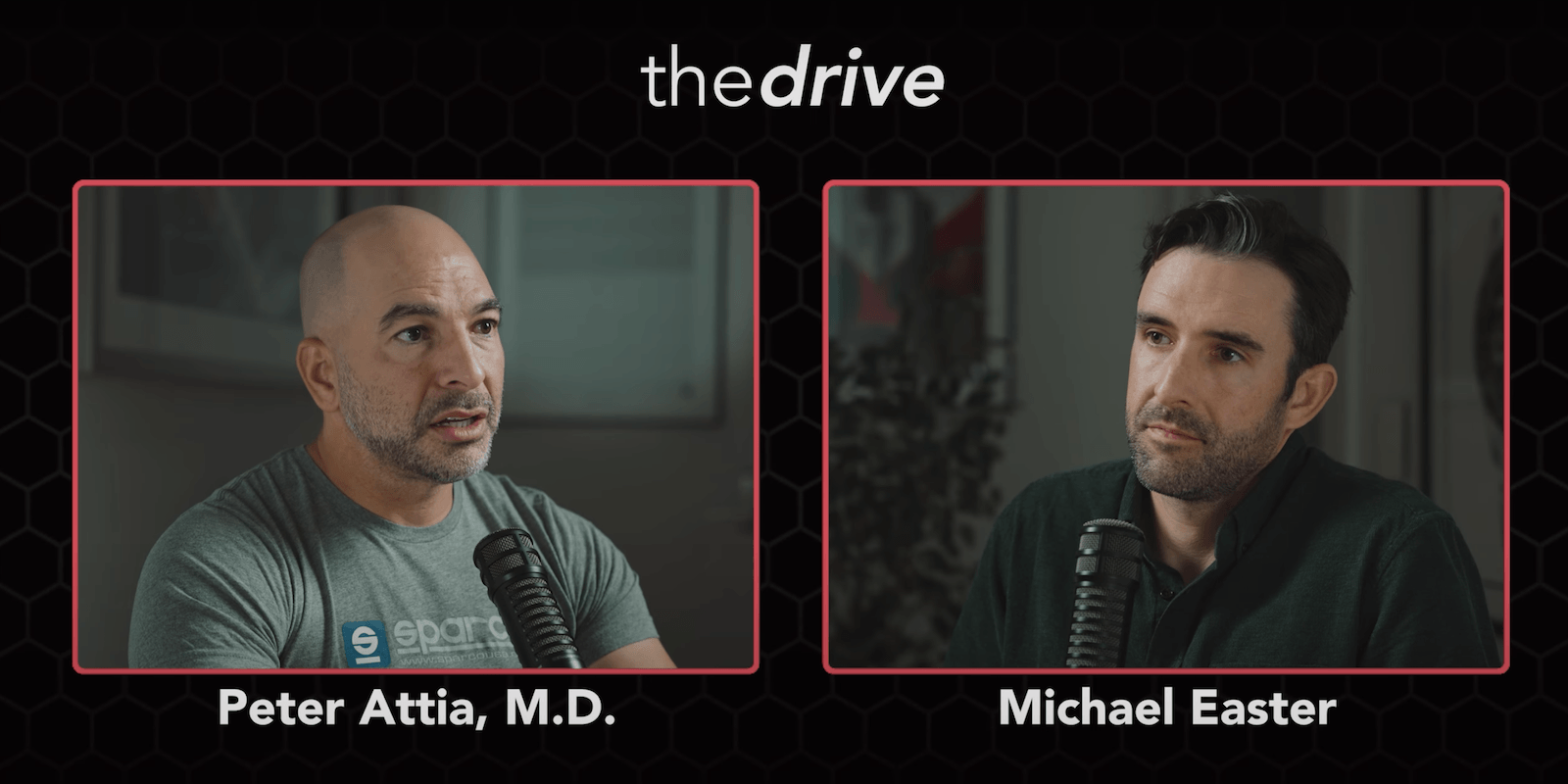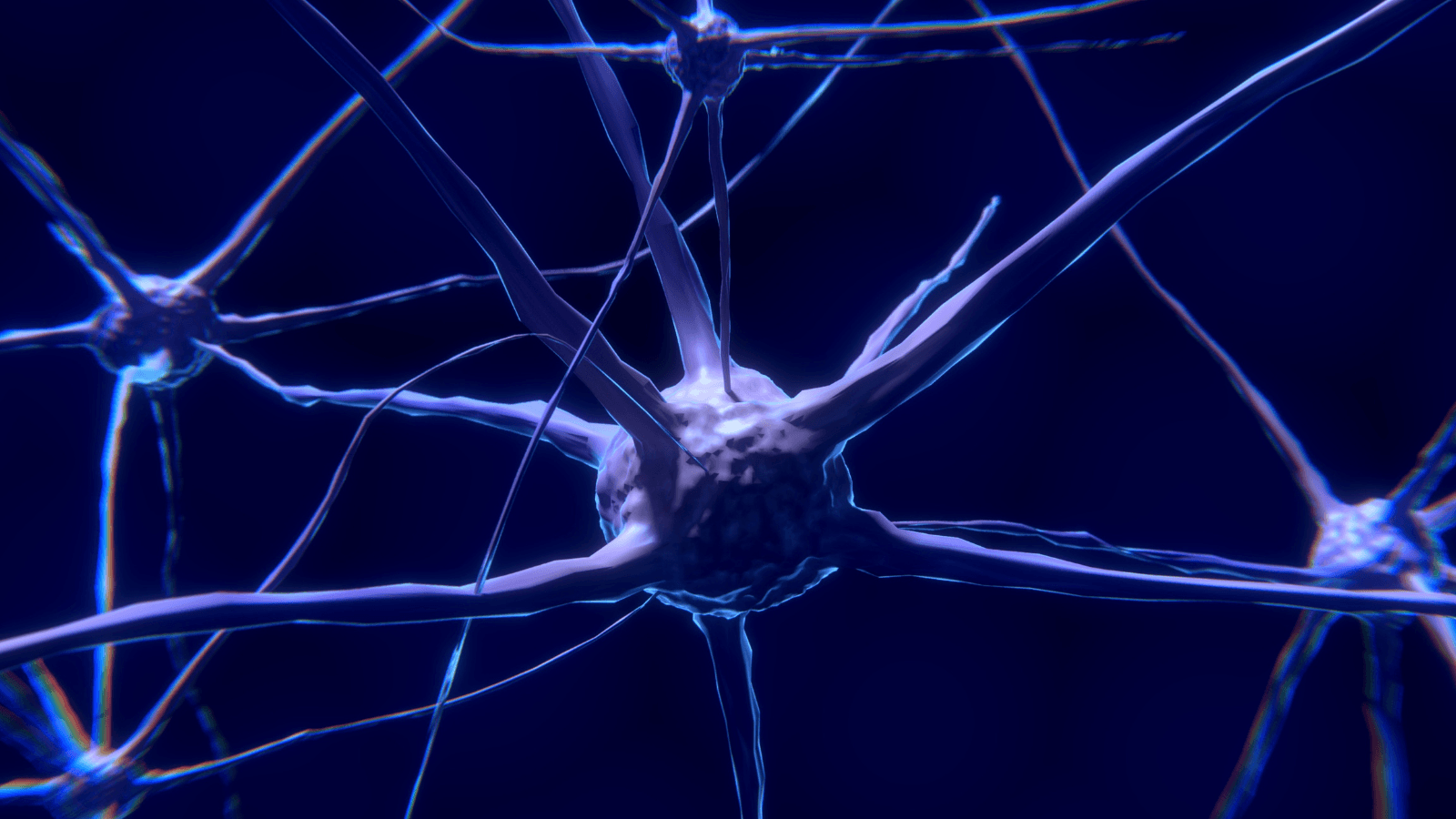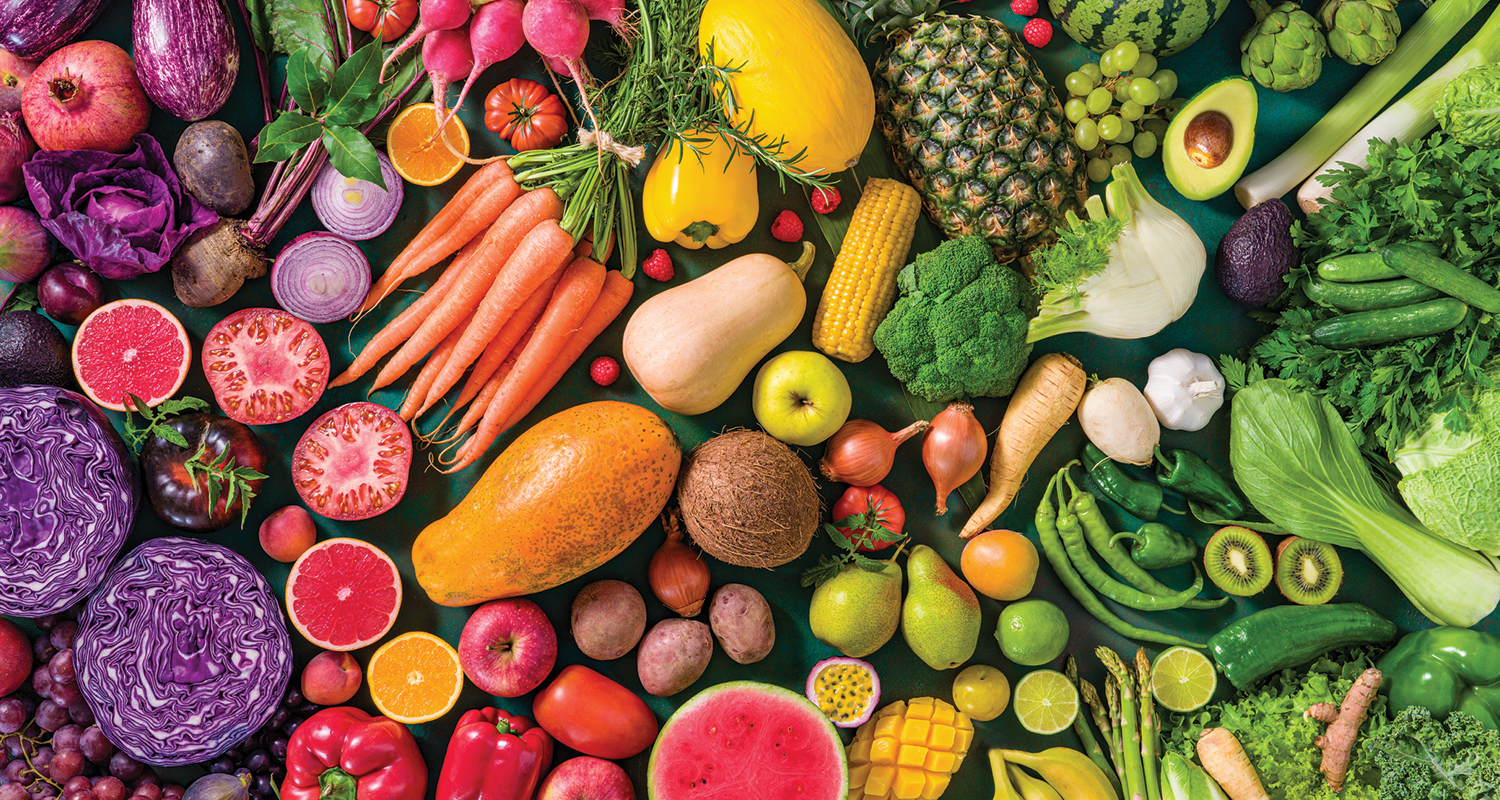Bestselling author Michael Easter returns to The Drive to discuss his new book, Scarcity Brain. In this episode, Michael explores the evolutionary backdrop that molded human beings, a setting characterized by scarce food, limited information, and few possessions. He contrasts that with the modern era, marked by abundance and comfort, and the ensuing repercussions on our physical and mental well-being. Michael introduces the concept of the “scarcity loop,” a three-part behavior cycle which helps explain modern challenges such as overeating, addiction, gambling, and materialism, and offers practical strategies to break free from its cycle. The episode culminates in a thought-provoking exploration of happiness, drawing on Michael’s experiences with monks and underscoring the value of boredom, exploration, and discomfort as transformative elements that elevate awareness, presence, and the will to live.
*Try Michael’s 14-Day Tsimane Diet Challenge at eastermichael.com
Subscribe on: APPLE PODCASTS | RSS | GOOGLE | OVERCAST | STITCHER
We discuss:
- Inspiration for Michael’s latest book, Scarcity Brain [2:15];
- Evolutionary adaptations to the scarcity of food contrasted with the modern obesity crisis [4:00];
- Lessons learned about diet and nutrition from living with hunter-gatherers [9:30];
- The impact of ultra-processed foods on energy balance [20:30];
- Michael’s experience with attempting the hunter-gatherer diet at home [27:30];
- The roots of excess: factors that contribute to overeating and the varied vulnerabilities among individuals [34:00];
- The scarcity loop: how the components of the scarcity loop are illustrated in gambling and addiction [39:45];
- Using knowledge of the scarcity loop to break the cycle [50:45];
- The evolutionary drive to acquire material possessions [58:15];
- The benefits of boredom and value of exploration [1:07:00];
- The consequences of an attention economy driven by negativity bias [1:16:30];
- Navigating the world of endless information and the value in “slow information” [1:23:00];
- Defining happiness, and the downward trend in reports of happiness [1:33:00];
- Purpose, austerity, self-reliance and other missing elements of happiness gleaned from the study of monks [1:38:30];
- The value in uncomfortable activities that increase your awareness, presence, and will to live [1:48:45]; and
- More.
§
Inspiration for Michael’s latest book, Scarcity Brain [2:15]
- Last time we were here, we were talking about The Comfort Crisis, which is a book people have heard Peter talk about over and over again
- It’s on the short list of books he recommends regularly
- Peter wants to understand how Michael went from the lessons he learned in The Comfort Crisis to thinking about the particular problem that feeds into Scarcity Brain
- Michael finished The Comfort Crisis right as the pandemic was taking off (March 2020)
- Now when the pandemic takes off, what does everyone do?
- They go to the grocery store and they hoard as much stuff as they can
- This is a rational decision at that point, but it made him realize when we think that resources are scarce, our reaction is to hoard them and gather them
- What was interesting about the pandemic is you had this initial spike in that sort of behavior
- But then as it drew out, you saw everything from drinking and drug use increase
- You saw purchasing increase
- You saw a lot of people gain weight from eating food and exercising less
You saw all these behaviors that can be damaging just increase over time, and so that made Michael wonder about questions of scarcity, how it affects us, how our environments have changed
- Because that’s what The Comfort Crisis is ultimately about
- And one of the elements underlying that is that we live in a world where we have an abundance of all these things we’re built to crave, and managing that can be difficult
Evolutionary adaptations to the scarcity of food contrasted with the modern obesity crisis [4:00]
- There are so many sections in this book, each of which dive into seemingly disparate topics of scarcity
- Scarcity of information, scarcity of food
- Lets begin with scarcity of food ‒ it’s the one for which there is the most obvious evolutionary link
- There are scholars out there who would argue that the greatest superpower of the Homo sapiens are their ability to tell stories
- Peter has always felt that our superpower as Homo sapiens was energy storage
- It’s probably the case that there are many superpowers that we have that coalesced around where we are today and how we leapfrog ahead of every other species about 250,000 years ago
What we know about scarcity with respect to nutrition and how that evolved us as a species
- Until very recently, food was scarce and it was hard to find
- Prehistorically, there wasn’t a lot of food
- Not to mention, in order to get it, you weren’t going down to the 7-Eleven
- You would have to hunt, you would have to gather, you’d have to put in energy to get energy
- It wasn’t always easy to come by
- It depended on where you lived
- Recently, within the last 100 years, we’ve been able to produce an abundance of food
- And we’ve engineered our food to be as delicious as possible
- We have so much food now that in America, we throw out about a third of the food that we produce
- We’ve gone from being these creatures who evolved to eat if you had the opportunity to eat, and maybe a little more than you needed (because food was scarce and hard to find)
- That would give you a survival advantage because you could store that energy and then the next time that you can’t find food, you’re going to survive that
- We still have that drive to eat a little more than we need, but we live in a world where food is rarely scarce
- So it’s a evolutionary mismatch
Peter has talked about the default food environment
{end of show notes preview}

Michael Easter, M.A.
Michael Easter earned his B.A. at Wheaton College and M.A. in Health Journalism at New York University.
Michael Easter teaches journalism, with a special emphasis on health media at the University of Nevada, Las Vegas. Michael hosts Nevada Health, a weekly health radio show on KUNV, and his writing appears in Men’s Health, Outside, Vice, Cosmopolitan, Scientific American, Men’s Journal, and FiveThirtyEight. Michael authored the best-sellers The Comfort Crisis and Scarcity Brain.
Michael’s work and ideas have appeared in over 60 countries. They’ve been endorsed by directors of the CIA and Navy SEALs, gold medal-winning Olympians, leading physicians, Pulitzer Prize-winning authors, Buddhist and environmental leaders, and more. His writing has appeared in Men’s Health, where he’s a Contributing Editor, and Outside, Men’s Journal, Cosmopolitan, Vice, Esquire, Scientific American, FiveThirtyEight, and Women’s Health. He’s also talked about his work and ideas on the world’s largest, most influential podcasts, like The Joe Rogan Experience, Art of Manliness, Impact Theory, NPR, EconTalk, and more.
When he’s not on the ground reporting, Michael is a professor in the journalism department at UNLV. He co-founded and co-directs the Public Communications Institute, a think tank at the University of Nevada Las Vegas (UNLV). [UNLV and eastermichael.com]
Michael’s website: ME
Instagram: michael_easter
Twitter: @Michael_Easter
Facebook: Michael Easter













